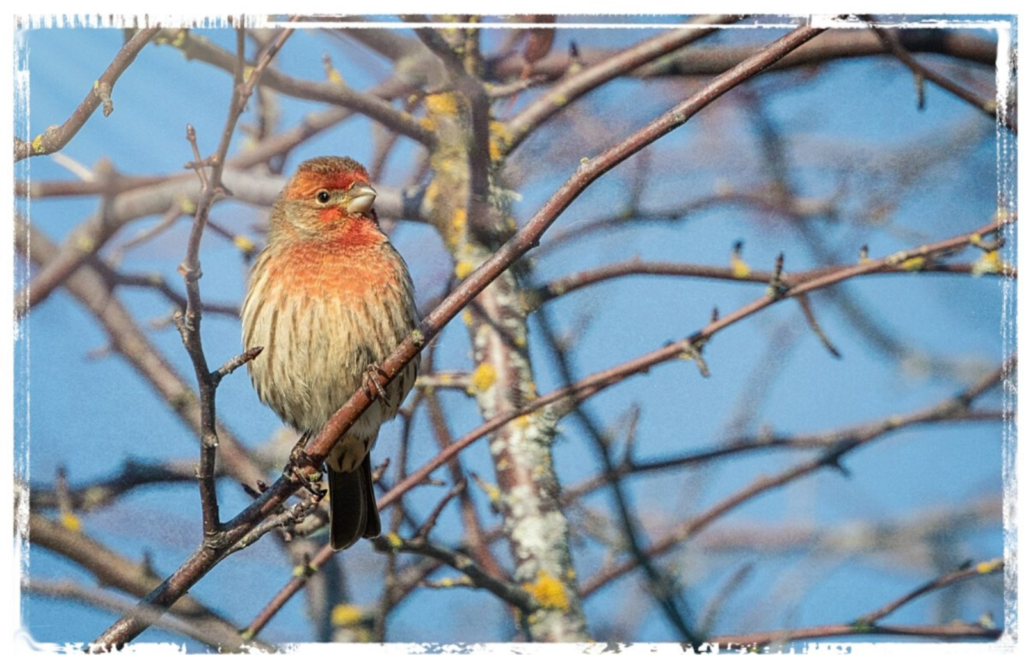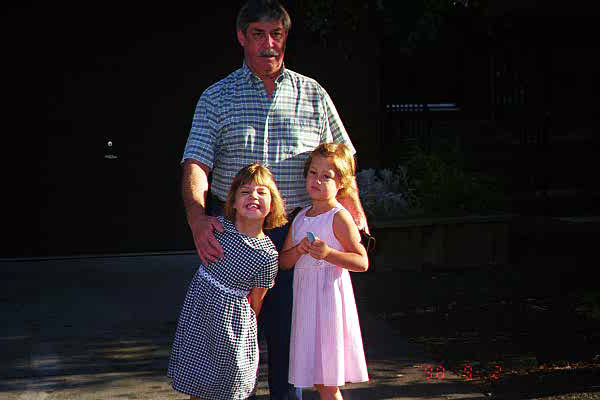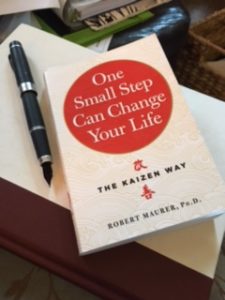 After attending the Pacific Northwest Writers Association conference this past week — riding high on a wave of energy from great classes, rubbing elbows with all sorts of eager writers, and being invited to submit my mystery novel to one agency and two small publishers — I’ve come home to get to work on the final (one hopes) revision … only to (inevitably) crash.
After attending the Pacific Northwest Writers Association conference this past week — riding high on a wave of energy from great classes, rubbing elbows with all sorts of eager writers, and being invited to submit my mystery novel to one agency and two small publishers — I’ve come home to get to work on the final (one hopes) revision … only to (inevitably) crash.
Part of this, I know, is not about my book at all. It’s about being elbow-to-elbow for four days with a gazillion other people and faking being extroverted and friendly. I can do it. (I like to think I’m actually rather good at being with people.) But it wears me out and makes me want to spend about a month hibernating with a book — not my own, but maybe a stack of Kate Atkinson or Henning Mankell mysteries.
I really don’t have time for that, not when I promised to submit my mystery sometime in the next three weeks!
Just in time to pick me up, dry me off, and get me moving again in the right direction on my own writing, this morning I found an email in my in-box from the fabulous Lauren Sapala, announcing her new book, The INFJ Revolution: Reclaim Your Power, Live Your Purpose, Heal the World.
Lauren is the author of one of my favorite writing books, The INFJ Writer, a book I read for the third (or fourth?) time only this summer. Her new book promises to help me “grapple with anxiety, shame, self-doubt, low self-esteem and feeling like an alien … in a world that clashes with [my] deepest values and most deeply held ideals.” Why do I wake at 4 a.m., feeling like a fraud, feeling I was crazy to ever imagine I could write a novel, feeling that I really should just go back to my corner and scribble in my journal and not ever expect anyone to read what I write? Why do I keep beating my head against this particular wall of wanting-to-be-a-novelist?
I don’t know why, but sometimes it helps to be with someone who understands. So, Lauren to the rescue.
(In the interest of full-disclosure, I took the Myers-Briggs while in college, but don’t remember the results; according to 16 Personalities, I’m an INFP-T).
I immediately ordered my copy of The INFJ Revolution. Her books are available only on Kindle or as Kindle paperbacks — I recommend getting the paper version, so you can mark them up and reread until they’re tattered. And then, I hope you write!





 After attending the Pacific Northwest Writers Association conference this past week — riding high on a wave of energy from great classes, rubbing elbows with all sorts of eager writers, and being invited to submit my mystery novel to one agency and two small publishers — I’ve come home to get to work on the final (one hopes) revision … only to (inevitably) crash.
After attending the Pacific Northwest Writers Association conference this past week — riding high on a wave of energy from great classes, rubbing elbows with all sorts of eager writers, and being invited to submit my mystery novel to one agency and two small publishers — I’ve come home to get to work on the final (one hopes) revision … only to (inevitably) crash.
 For most of this year, and obsessively this summer since coming home from France, I’ve been working on my mystery novel. But summers have not, historically, been my best time for getting work done.
For most of this year, and obsessively this summer since coming home from France, I’ve been working on my mystery novel. But summers have not, historically, been my best time for getting work done. your calendar for every day you work. Hang this up where you can see it from your writing desk. Think of putting the star up as a reward for having written.
your calendar for every day you work. Hang this up where you can see it from your writing desk. Think of putting the star up as a reward for having written.